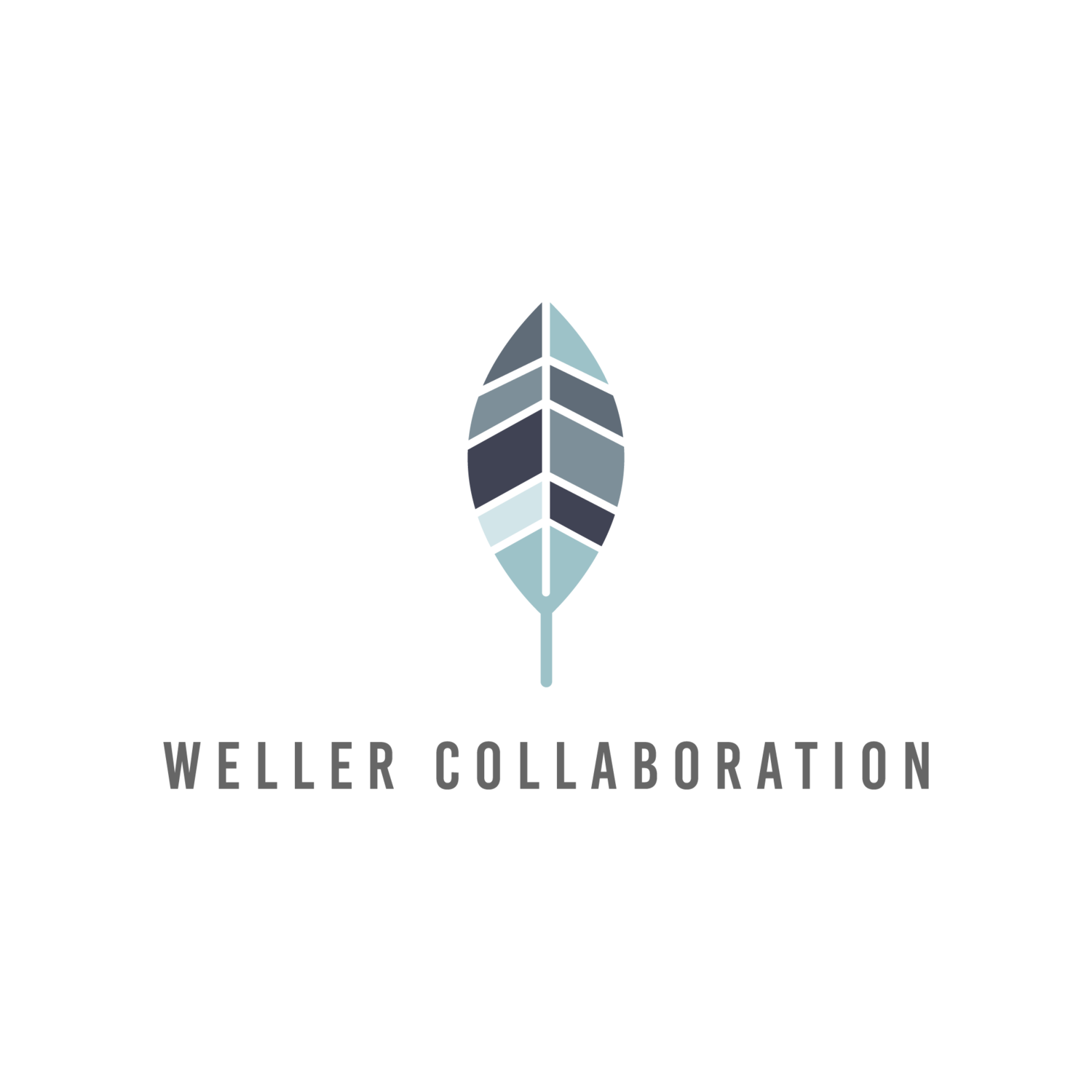Having the Hard Conversation
In the past 48 hours, I’ve had 4 people ask for my support in preparing to start a hard conversation. Each one was nervous and a bit uncomfortable in their own way . . . all of them were mustering their courage to create dialogue they knew they needed to make happen.
Difficult conversations shine a light on things that are getting in your way and keep you from moving forward. They range from talking to a colleague about something from a recent meeting that isn’t sitting well with you, addressing performance concerns, or even getting a better understanding of why your friend repeatedly makes judgmental comments at your expense. These exchanges stem from a desire to wrangle an issue and create change as a result.
When I know it’s time to step up and start a hard conversation, I ask myself a set of questions for guidance:
“What’s at stake?” This question allows me to think through if having this conversation makes sense, and why it matters to both me and my conversation partner. This also gets to the core of why each of us needs to be engaged in dialogue, and what’s at risk if I don’t have the conversation.
“What’s the objective of the conversation?” I know this sounds very basic, but getting clear on the results I want provides the foundation for approaching the exchange.
“What matters to the person I’m having the conversation with?” Or, to put it a bit more bluntly: “Why should they care about what I’m sharing with them?” This allows me to step into the shoes of my conversation partner – bringing empathy to the table and inviting them into a conversation they will care about.
“How might I be contributing to this issue?” Here I open up to recognizing my role in what’s happening, ensuring I’m not just putting the blame solely on my partner. I also make a point of including it in the conversation as a way to build trust and move into creating (and agreeing to) a solution.
Lastly (but maybe most importantly): “What am I asking them to do?” To ensure we both leave the conversation on a positive (and clear) note, it’s vital we agree on actions to resolve the issue. If there is something specific I need, I’ll present that request; or if the situation provides an opportunity to create next steps together, I open up a dialogue where we’re both able to partner in a solution. Either way, it’s important to be clear about what I’d like to have happen on the other side of the conversation and discuss how it makes sense for me to be involved (or not) moving forward.
Yes, these conversations can be hard, awkward, and easy to avoid. But tapping into bravery and investing in preparation time will surface opportunities for connection, deeper relationships, and transformation.
As Susan Scott writes in Fierce Conversations:
“We affect change by engaging in robust conversations with ourselves, our colleagues, our customers, our family, the world. Whether you are governing a country, running an organization or participating in a committed personal relationship, your ability to affect change will increase as you become more responsive to your world and to the individuals who are central to your happiness and success.”


